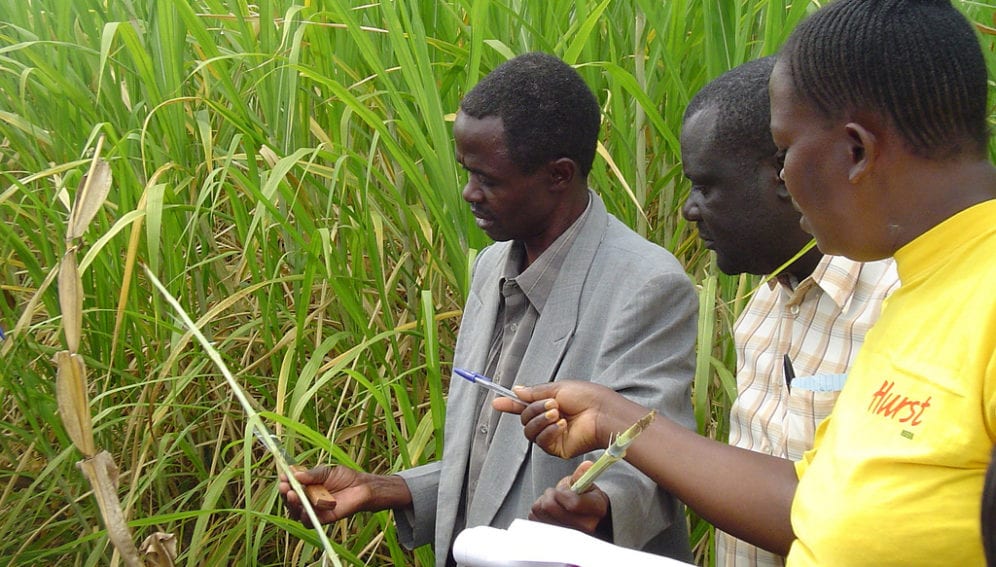By: Hazem Badr
Send to a friend
The details you provide on this page will not be used to send unsolicited email, and will not be sold to a 3rd party. See privacy policy.
[CAIRO] Egypt has launched an agency to focus on supporting major development projects in African countries and in other developing nations with which it has friendly relations. The Egyptian Partnership Agency for Development will focus mainly on the fields in which Egypt enjoys a comparative advantage and has significant experience, including telecommunications, transport and information technology, as well as health, agriculture and energy.
It was established in July through the merger of two other institutions that worked in this area: the Egyptian Fund for Technical Cooperation with Africa and the Egyptian Fund for Technical Cooperation with the Commonwealth, European Islamic Countries and the Recently Independent States.
The agency receives the money that previously went to these funds. The merger was designed to use this money more effectively.
The new agency will cover more than just the technical cooperation that the two merged funds focused on.
Hazem Fahmy, the agency’s secretary-general, tells SciDev.Net that the first task is to prepare the agency’s administrative structure. Its board met for the first time on 28 August.
“The agency’s resources will initially depend on money allocated to the two funds in the budget,” he says, a sum worth 134 million Egyptian pounds (about US$18.7 million) a year.
“We aspire to widen the agency’s resources through partnerships with the private sector and Arab, Gulf and African investment funds, in addition to coordination with international organisations such as the United Nations.”
In a statement when the agency was launched, Egypt’s Ministry of Foreign Affairs said the new body would get involved in science diplomacy.
Khaled Hanafi, a researcher at the Al-Ahram Center for Political & Strategic Studies in Egypt says there is a place for supporting Africa in the field of scientific research.
“Egypt will be able to address the continent’s problems through the research undertaken by its researchers,” he says. Egypt has a “comparative advantage in the field of scientific research, particularly in the agricultural field, as well as technical expertise in water and dam projects”.
But to be successful, science diplomacy will require more knowledge of Africa’s problems and needs, Hanafi explains, pointing out a lack of this kind of knowledge in Egypt. “This has hindered scientific research [in Egypt] directed at addressing Africa’s problems.”
Hamed El-Mously, an engineer and development expert at Egypt’s Ain Shams University, says science diplomacy “is the best thing we have to offer to Africa in light of a lack of economic capability”.
El-Mously says Africa has vast potential, but expertise is required to realise it.
“Egypt could, in light of its technical expertise, guide our African brothers to address problems such as the misuse of agricultural waste.”
Alaa-Eldin Adris, chairman of the board of trustees of the Egyptian Center for the Advancement of Science, Technology and Innovation, agrees that Egypt could play a role in science diplomacy in Africa through the new agency.
But he tells SciDev.Net that in practice there are difficulties.
“How can a researcher that suffers locally help abroad?” he asks, calling for reforms of Egypt’s science system before it engages with science diplomacy abroad.
Ibrahim Elnur, a Sudanese political economist at the American University in Cairo, is also sceptical. “There are 52 countries in Africa and Egypt is experiencing difficult economic circumstances. It may be useful for the agency to focus on one field with a limited number of states.”
Elnur recommends providing technical expertise in agriculture and water management to Nile Basin countries. He says the best start would be to develop infrastructure for irrigation projects.














